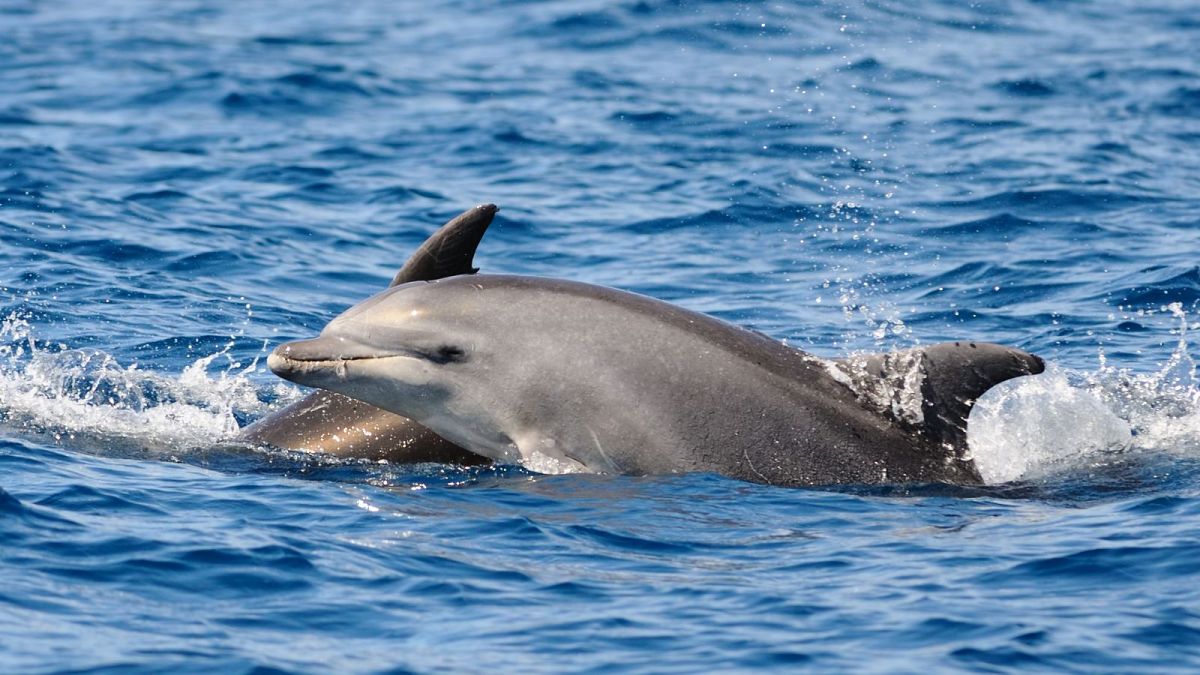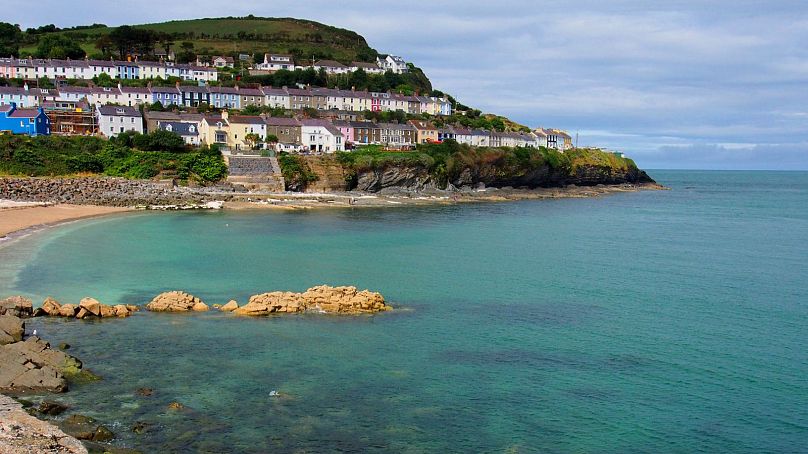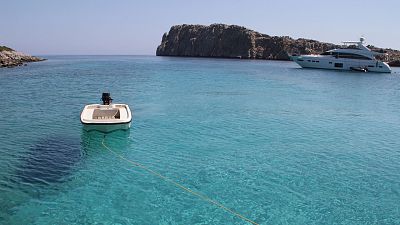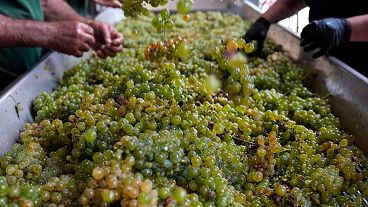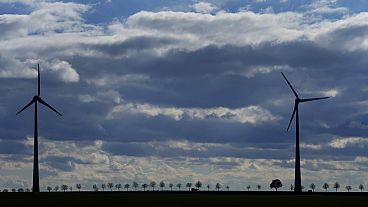Protected species in the River Teifi and Cardigan Bay have been exposed to untreated sewage discharges for years.
A UK water company has been releasing sewage near one of Europe’s largest dolphin habitats for at least a decade.
Welsh Water has admitted to illegally spilling untreated waste at dozens of sites, after the BBC presented it with analysis of its own data.
One of the leakiest plants is located in the town of Cardigan in west Wales. Professor Peter Hammond, a mathematician who shared his findings with the broadcaster, described it as “the worst sewage works I've come across in terms of illegal discharges.”
Unfortunately for wildlife, the outflow point from this treatment plant spills into the Teifi estuary. Home to Atlantic salmon, lamprey and otters, the River Teifi is meant to be protected as a Special Area of Conservation (SAC).
It then flows into Cardigan Bay, an important habitat for around 300 bottlenose dolphins.
Why do water companies release untreated sewage?
A combined sewerage system covers most of the UK, meaning that rainwater and wastewater travel through the same pipes before being treated at a sewage treatment works.
During extreme weather, release of this mixed wastewater into rivers and seas is allowed via storm overflow pipes, to prevent the system from being overwhelmed.
But recent investigations have revealed how often water companies are using the overflows to discharge sewage in mild conditions, before their permitted overflow level is reached. Releasing wastewater in these circumstances is illegal.
Raw discharges were sent into English rivers 825 times a day last year, the latest data from the nation’s Environment Agency shows.
Cardigan plant spilled sewage for over 1,000 days in 5 years
A former University College London professor, Hammond is part of the campaign group Windrush Against Sewage Pollution (WASP), one of many local groups formed in outrage at this situation.
Analysing data provided by Welsh Water, he discovered that Cardigan almost never treated the amount of sewage it was supposed to, the BBC reports.
According to its permit, it has to treat 88 litres a second before spilling. However, the plant had illegally spilled untreated sewage for a cumulative total of 1,146 days from the start of 2018 to the end of May 2023.
Welsh Water does not dispute this analysis and says it is working to fix the problem.
The company admitted that it has up to 50 wastewater treatment plants currently operating in breach of their permits, and prioritises improving plants that will help lighten customer bills.
It added that there is “no measurable environmental impact” from the Cardigan estuary spills - something environmental groups dispute.
What do untreated sewage spills do to river and coastal ecosystems?
"Untreated sewage causes a host of problems on our rivers," Gail Davies-Walsh of rivers campaign group Afonydd Cymru told the BBC.
"High nutrient levels coming from sewage lead to algal blooms that lead to the depletion of oxygen in our rivers. And that clearly has knock-on impacts to our fish populations and to other species."
Cardigan Bay is a designated SAC under the EU Habitats Directive, due to its array of unique habitats and marine wildlife such as bottlenose dolphins, harbour porpoise and grey seals.
As the largest bay in the British Isles, it provides a shallow and sheltered habitat - ideal conditions for bottlenose dolphins to give birth to their calves every year.
What is being done to improve Welsh Water’s record?
The water company’s regulator, Natural Resources Wales, told the BBC that it has been aware of the issues at Cardigan for eight years and has issued enforcement notices but no fines.
For Gail Davies-Walsh and other environmental campaigners, that’s not good enough. "Fundamentally this site [Cardigan] has been discharging raw sewage for possibly 10 years and no action has been taken," she said.
"We have prosecuted Welsh Water on a number of instances for pollution events, just not for low flow spills as is the case here," Huwel Manley, NRW's head of operations for south west Wales told the national broadcaster.
“The issue is now unresolvable without significant investment and upgrading of infrastructure by Dŵr Cymru Welsh Water,” the regulator adds in an online statement. “But this is the kind of investment that we, and the public expects.”
The Cardigan plant’s problems are tied in particular to the use of a membrane to filter sewage - an unusual system installed in 2004. When saltwater gets into the pipes and plant, it causes bacteria to release an enzyme which blocks the membrane, and so backs up the system.
“We had already identified the issue there being linked to saltwater entering the works which impacts the treatment process,” Welsh Water states. “We reported this to NRW and agreed to undertake investment to improve the situation.
“Whilst this initial upgrade made some improvement, we are investing a further £20m (around €23m) at the site in 2025 to ensure full compliance with the discharge permit.”
